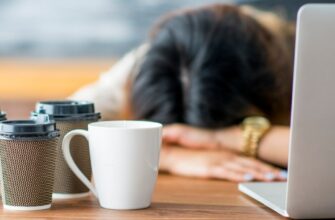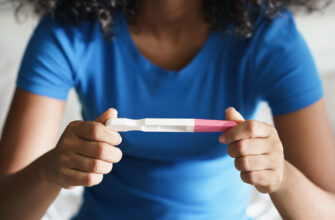Other Methods
Many people try to get their period by using natural methods. Although there is little risk in using these approaches, there is no scientific evidence that they are effective.
Some people utilize natural therapies to try to start their menstruation, including:
Pineapple

Bromelain, an enzyme that some think may have an impact on estrogen and other hormones, is abundant in pineapple.
According to research, bromelain may help lessen inflammation, which suggests that it may be beneficial for some inflammatory reasons of irregular periods.
However, there is no evidence to suggest that taking supplements of bromelain or pineapple will bring on a period.
Vitamin C
Some people think consuming a lot of vitamin C can help to start menstruating. This might be as a result of vitamin C’s potential effects on estrogen and progesterone levels, the hormones in charge of regulating the menstrual cycle.
Increasing vitamin C intake is not detrimental, despite the lack of scientific data to support it.
Eat these foods to up your intake of vitamin C:
- green leafy veggies, like kale and spinach
- cruciferous veggies like broccoli and Brussels sprouts
- citrus fruits like oranges and grapefruits
Herbs
Some people think that emmenagogues, which are herbs, can start a menstrual cycle. For this, people occasionally turn to chamomile, parsley, cinnamon, rosemary, sage, and oregano.
Some people also claim that fenugreek, chicory, papaya, celery, and pomegranate are emmenagogues.
Risks
The majority of the techniques covered above are risk-free and shouldn’t affect healthy folks.
Due to the fact that the Food and Drug Administration (FDA) does not regulate herbal products and supplements, it is imperative that individuals purchase any herbal supplements from a reliable source. Additionally, avoid using the herbs, foods, or supplements if you have a known or suspected allergy to any of them.
Hormonal birth control may not be suitable for everyone and can have adverse effects. Although uncommon, taking the birth control pill can raise one’s risk of getting a blood clot, having a stroke, or having a heart attack.
Complications from the pill are more likely to occur in smokers and people over 35. Discuss personal risk factors with a doctor before using hormonal birth control.








